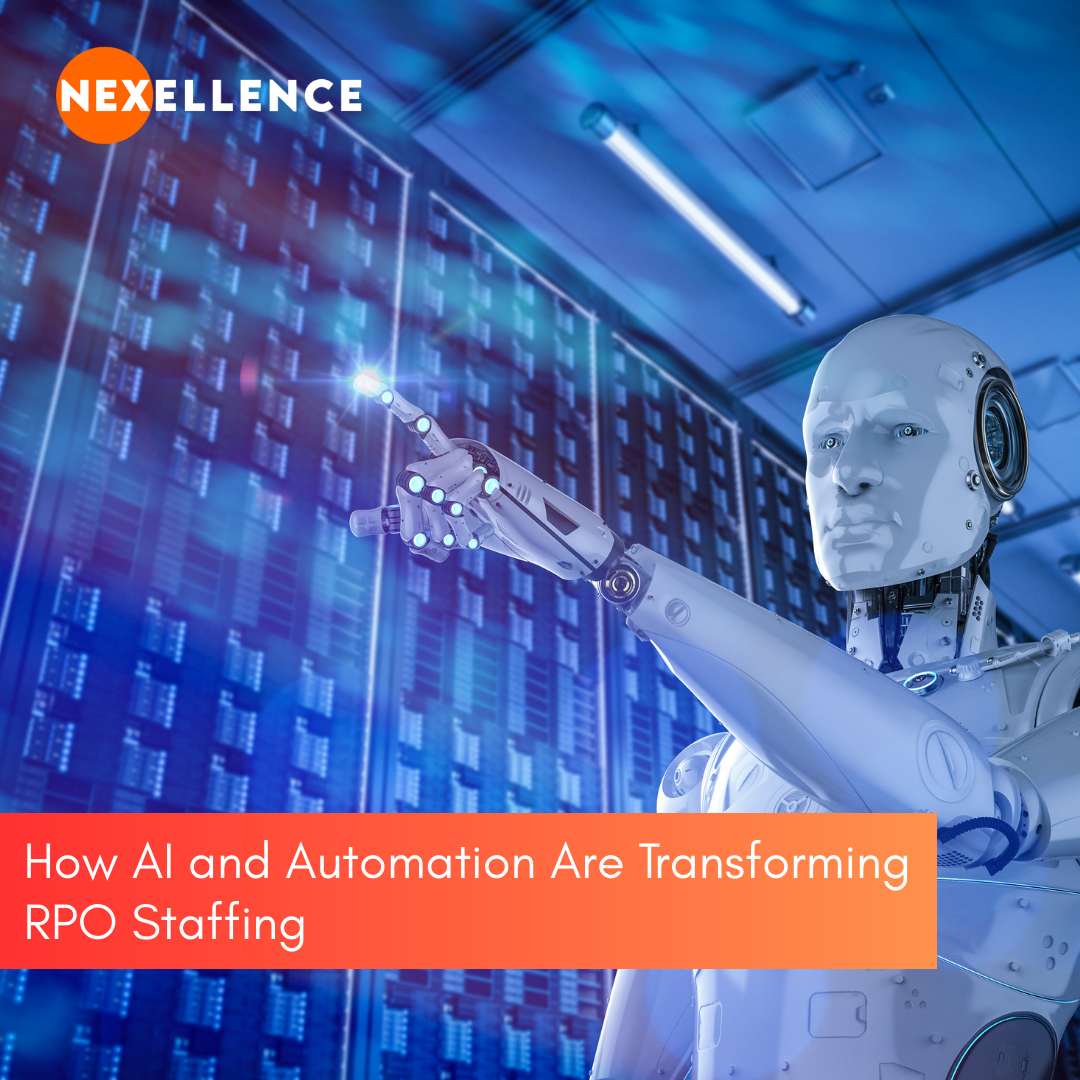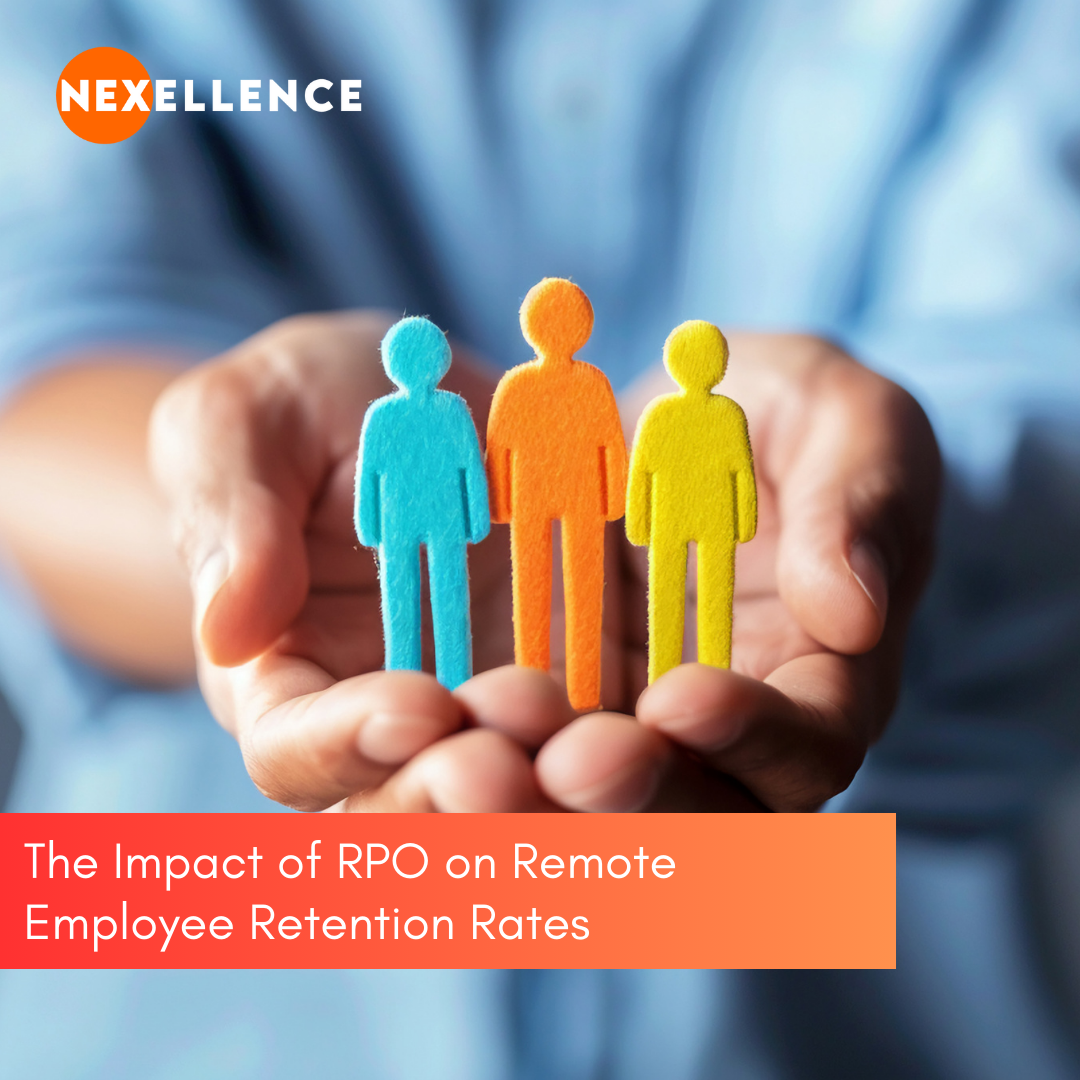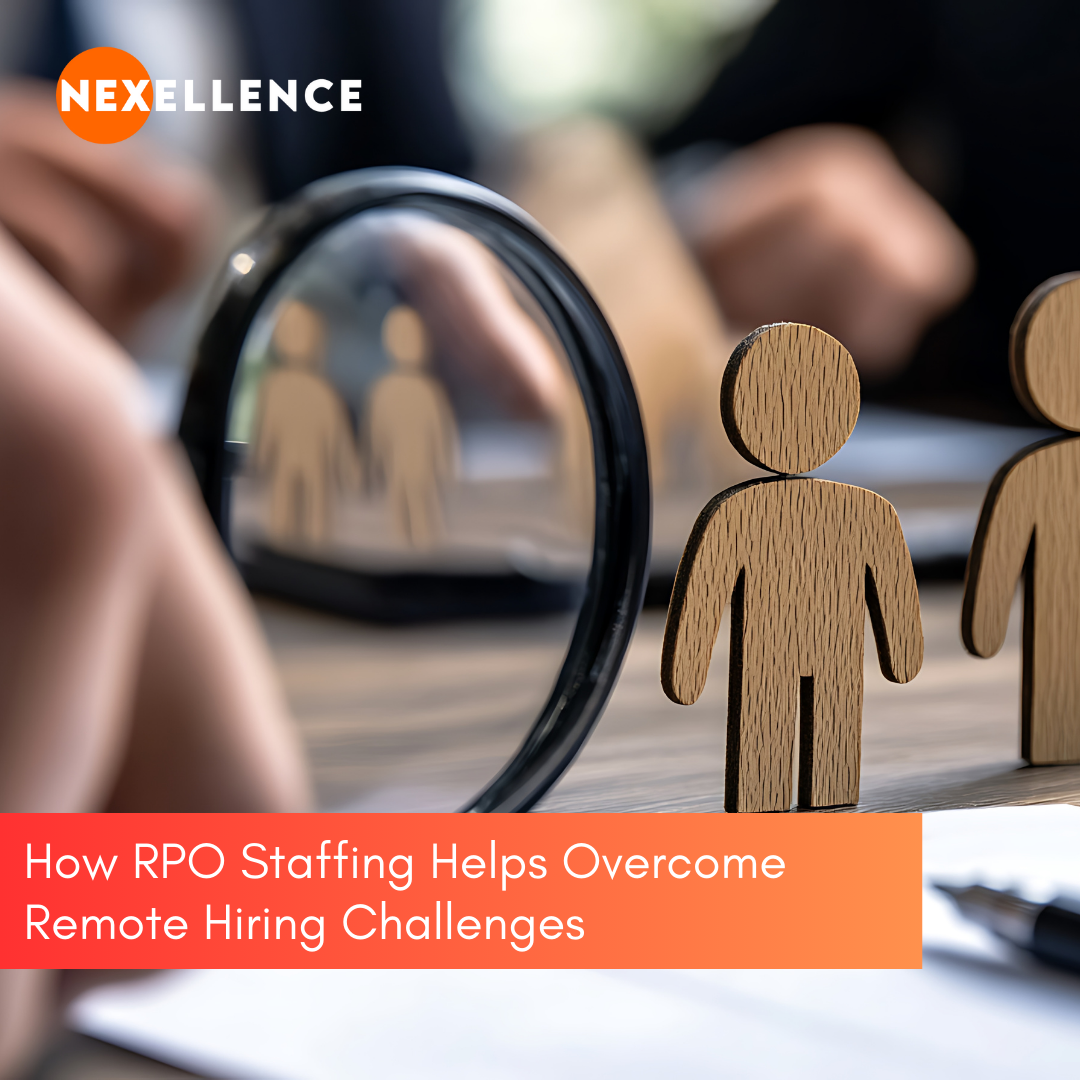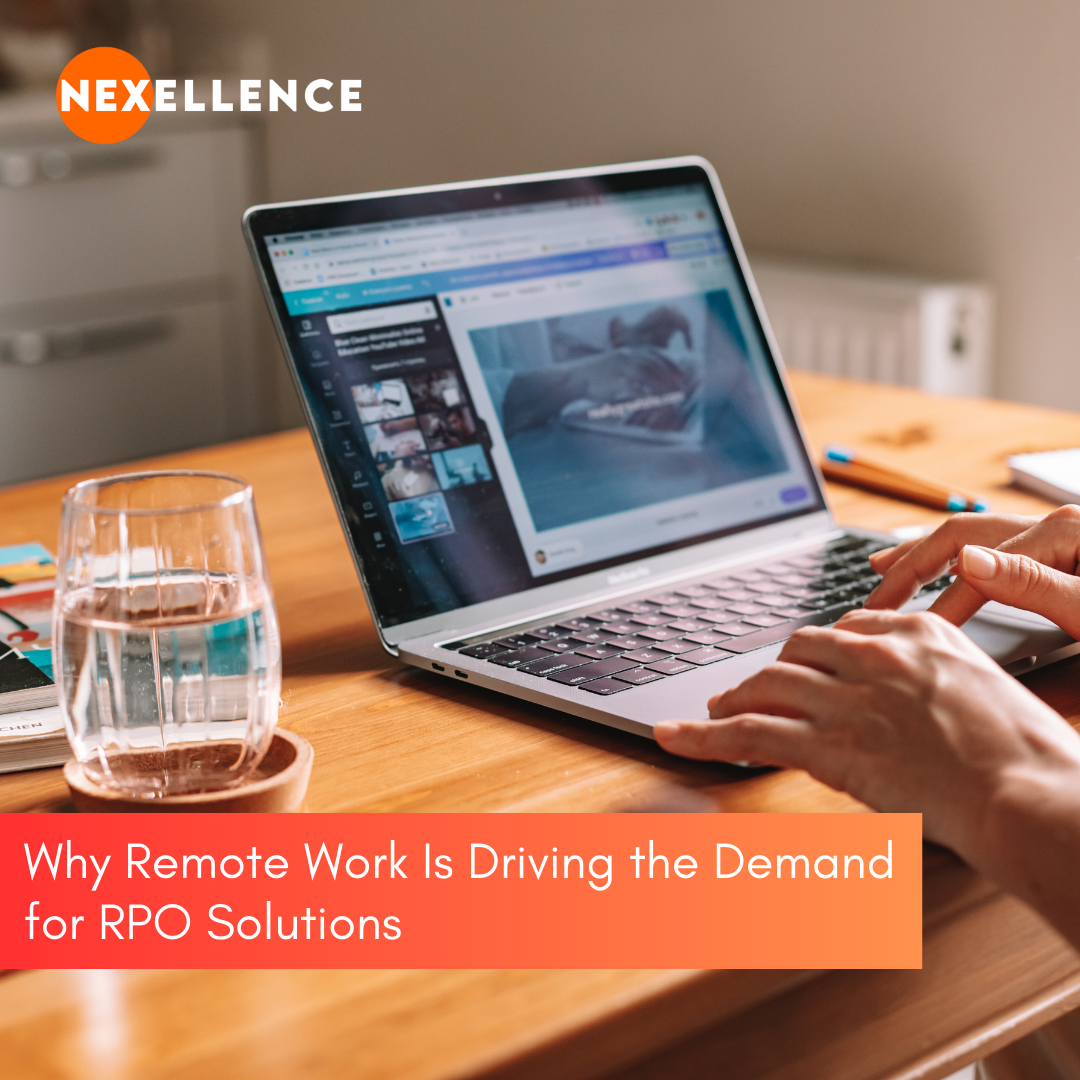Recruitment Process Outsourcing (RPO) has always been about streamlining hiring and delivering better talent outcomes for businesses. But in recent years, a powerful new set of tools—Artificial Intelligence (AI) and automation—has been transforming how RPO providers work, making recruitment faster, smarter, and more candidate-friendly.
From AI-driven sourcing to automated interview scheduling, technology is redefining what’s possible in talent acquisition. Here’s how AI and automation are changing the game for RPO staffing.
1. Faster Candidate Sourcing with AI
Traditional sourcing can be time-consuming, requiring recruiters to manually sift through resumes or scour job boards. AI-powered tools can scan millions of online profiles, resumes, and databases in seconds to identify candidates who perfectly match job requirements. This means RPO teams can present high-quality candidates to clients far faster than ever before.
2. Smarter Screening and Matching
AI isn’t just about speed—it’s about precision. Intelligent algorithms can analyze not only skills and experience but also cultural fit and career trajectory. This allows RPO providers to make better matches, reducing turnover and improving long-term hiring success.
3. Automated Interview Scheduling
One of the biggest bottlenecks in recruitment is scheduling interviews. Automation tools now handle this seamlessly, syncing calendars, sending reminders, and even rescheduling when conflicts arise. This frees recruiters to focus on building relationships rather than managing logistics.
4. Enhanced Candidate Experience
AI-driven chatbots and virtual assistants can engage with candidates 24/7—answering questions, guiding them through the application process, and keeping them updated on their status. This creates a smoother, more responsive experience that leaves candidates with a positive impression of both the RPO provider and the client company.
5. Data-Driven Decision Making
Automation allows for real-time tracking of recruitment metrics—time-to-fill, source effectiveness, and candidate quality scores. RPO providers can use these insights to refine strategies, allocate resources effectively, and demonstrate measurable ROI to clients.
6. Reducing Bias in Hiring
When properly designed, AI tools can help minimize unconscious bias by focusing purely on objective candidate data rather than subjective impressions. This supports more diverse and inclusive hiring outcomes—an increasingly important goal for many organizations.





